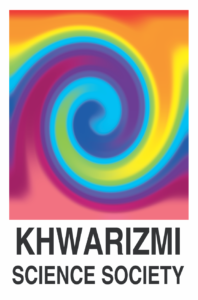Astronomy and Astrophysics Labs at LUMS
The Department of Physics’ AstroLAB at the Syed Babar Ali School of Science and Engineering offers 100 and 300 level Astronomy labs at the BS and MS levels. The AstroLAB is being developed by Dr. Muhammad Sabieh Anwar, Professor of Physics and the PhysLab team. AstroLAB continues to build and advance observational facilities and computational lab. The project is initiated in July 2022 and is being funded through a seed grant from HEC’s National Centre for GIS and Space Applications. The outreach partner for this initiative is the Khwarizmi Science Society. This initiative should be seen as being twinned to PhysLAB.
Through the work disseminated on this channel, students and visitors will be introduced to the fundamental principles of observational astronomy through hands-on approaches. We will assemble and build in-house expertise in astrophotography, imaging, spectroscopy and data analysis of astrophysical datasets, guided by strong astrophysical principles. Therefore, it is expected that our students will combine observational and data reduction techniques with powerful computational facilities to reveal the properties of objects in space. Finally, the labs will explore astronomical objects at different scales—from the solar system to local galaxies—and highlight the relationship between observations and current models for astronomical phenomena.
Modern astronomy has entered a new age of large-scale surveys with highly specialized instruments producing data at the petabyte scale. Hence an introduction to astronomy that prepares students to navigate this highly digital, data-driven landscape is imperative. AstroLAB’s computational labs will introduce students to repositories, tools, and standards used to conduct modern astronomy research. Students will learn data acquisition, reduction, and analysis techniques to draw conclusions about stellar, galactic, and cloud populations.






